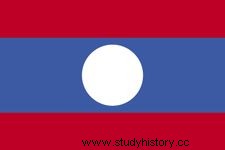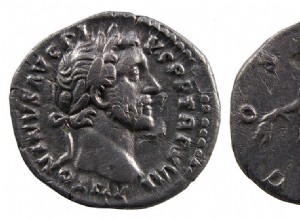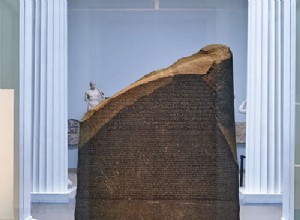Lan Xang , also Lan Chang , Laotian kingdom that flourished from the 14th century until in the 18th century divided into two separate kingdoms, Vien Chang and Luang Prabang . The conflict with its neighbors in Myanmar (Burma) and Thailand (Siamese) forced the rulers of the kingdom




